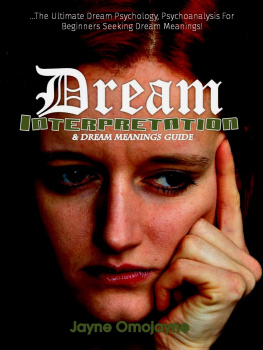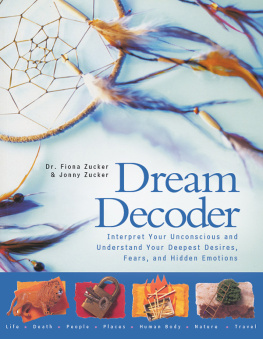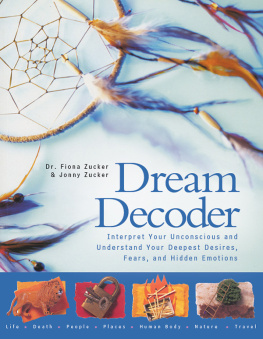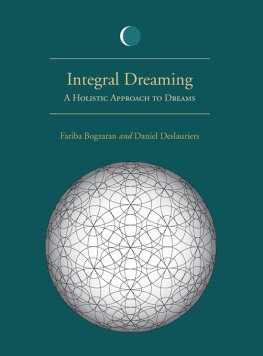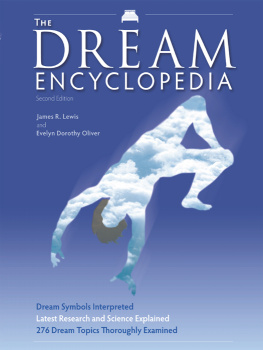Bloomsbury Academic
An imprint of Bloomsbury Publishing Plc
50 Bedford Square | 1385 Broadway |
London | New York |
WC1B 3DP | NY 10018 |
UK | USA |
www.bloomsbury.com
First published 2013
2013 Juliette Harrisson
All rights reserved. No part of this publication may be reproduced or transmitted in any form or by any means, electronic or mechanical, including photocopying, recording, or any information storage or retrieval system, without prior permission in writing from the publishers.
Juliette Harrisson has asserted her right under the Copyright, Designs and Patents Act, 1988, to be identified as Author of this work.
No responsibility for loss caused to any individual or organization acting on or refraining from action as a result of the material in this publication can be accepted by Bloomsbury Academic or the author.
British Library Cataloguing-in-Publication Data
A catalogue record for this book is available from the British Library.
ISBN: 978-1-44118-929-5
Typeset by Fakenham Prepress Solutions, Fakenham, Norfolk NR21 8NN
This book is based on my 2010 PhD thesis, so first and foremost I want to thank my PhD supervisor, Ken Dowden, for many hours of meetings, heated discussions, unfailing support and the odd glass of wine at the bar.
Many other members of staff at the University of Birmingham also helped me; I want to thank Niall Livingstone for help with Latin and Greek, for general comments, and for much helpful advice. Thanks also to Alasdair Livingstone, Birgit Haskamp and Martin Bommas for advice, comments and corrections on ancient Near Eastern and Egyptian material, and to Diana Spencer and Gideon Nisbet for all their help and support over the years. Thank you to the AHRC for funding my PhD and to Laura and Jack for putting a roof over my head in the final stages.
Thanks also to Michael Greenwood, my initial editor at Continuum Press, for help, advice and encouragement.
Finally, thank you to Mum, Dad and Ed, without whose support, both emotional and more practical, I would never have even started.
Tell me one last thing, said Harry. Is this real? Or has this been happening inside my head?
Of course it is happening inside your head, Harry, but why on earth should that mean that it is not real?
Harry and Dumbledore, Harry Potter and the Deathly Hallows
Dreams happen inside our heads and when we wake up, theyre gone. The race is run, the spiders have vanished and the tall building we were falling from turns out to be the side of the bed. But sometimes, we continue to feel the effect long after the dream has ended. For most of us, this goes no further than calling a friend or relative who may have died in the dream, just to make sure theyre OK, or perhaps checking the pillow especially carefully for spiders the following night. For some, the dream might be told to a psychiatrist or other therapist in the hope that it will help them to understand their own mind better. The continuing popularity of dream books (and free-to-view dream interpretation websites) demonstrates that some still try to discover a hidden meaning or prophecy from their dreams using a written guide. Sometimes artists are inspired by their dreams.
These reactions to dreams are based on varying ideas about what a dream is and what significance it might have for us. Telling dreams to a psychiatrist is a reaction firmly rooted in the current prevailing theory about dreams, that they are the products of our innermost thoughts and feelings. Similarly, those who base a work of art on dreams are usually using the dream to access their own buried ideas. Other reactions spring from the idea that a dream might be telling us or, more often, warning us of something we do not know, implying that some dreams have an external source. For most of us, this is merely an indication of mild paranoia. But perhaps for some, the urge to try to decode a dream from a dream book or discover its hidden meaning is related to a genuine belief that the dream had an external source.
In the ancient world, these questions were all the more pressing, since there was far less unanimity of opinion concerning exactly what dreams were and where they came from. If you dreamed of a god or a dead person talking to you, did that mean you had really experienced a visit from the dead or the divine? If you were told to do something in a dream, should you obey? Were dreams signs from the gods marking out important people or events and if so, should they be preserved in historical records?
Belief in the ancient world
This book is about conceptualizations of dreams and dreaming in the ancient (particularly Roman) world it is about the ideas that people had about dreams. That is to say, it is about what they believed about dreams and what dreams were. However, the concept of belief in the context of ancient religion is a somewhat controversial topic.
It is usually assumed that religion and religious practice (under which heading divine-sent dreams belong) are part of a wider thought-system of belief. Religion starts with faith, said mile Durkheim,
Other social groups are identified by belief as well. Do you believe that all human beings are created equal? In animal rights? Nuclear disarmament? We live in a world where we are constantly defining ourselves and others
Belief is a difficult concept in the context of ancient religion because a number of scholars have argued that the word refers to a specifically Western, even specifically Christian, concept and has no relevance to Ancient Greek and Roman religion. And so the whole concept of belief comes to be associated with a particularly Christian way of understanding religion as, first and foremost, a state of mind (I believe in God) to which ritual and everyday religious practice comes second.
Ancient polytheistic religion, however, was quite different from Christianity in this respect. There was no holy book in ancient pagan religion. There were many stories about the gods, but these were works of literature and understood as such. Each author had the freedom (within limits) to alter the story, to put his (or, more rarely, her) own mark on the tradition. This difference in attitude to the gods, and especially to literature about the gods, may be demonstrated through, for example, Aristophanes comedy Frogs, in which the god Dionysus descends to the underworld to bring back Euripides, only to end up bringing back Aeschylus. Compare the popular reception of this play (which won first prize at the Lenaia; Dover 1993: 2) with the Christian reception of Monty Pythons Life of Brian, a film which features Jesus as a character only briefly but which was accused of blasphemy and made the object of several protests (see Blanshard and Shahabudin 2011: 1812).
Ancient religion also contained no creed. Christian monotheism is a particularly exclusive variety, requiring absolute faith in one God to the exclusion of all others. However, while ancient pagans might have felt a particular affinity to a particular god, if they were initiated into a mystery religion for example, faith in one god or goddess did not preclude faith in any other.




